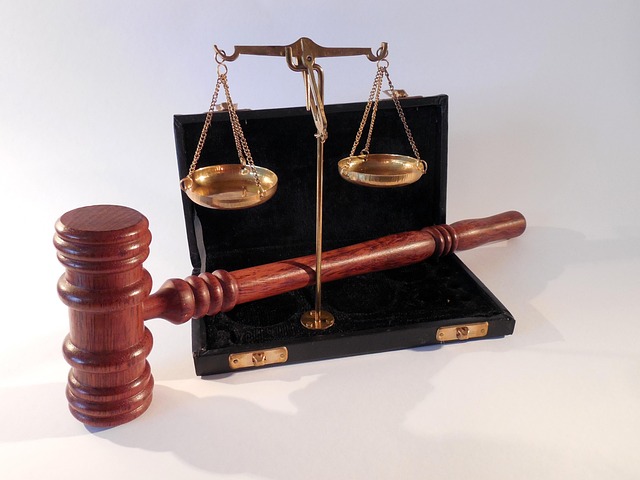This text provides guidance on How to Challenge Regulatory Agency Decisions. It emphasizes a strategic approach, beginning with a thorough review of the initial decision for errors or inaccuracies. Filing an appeal with the appropriate tribunal or court involves preparing legal arguments, submitting evidence, and presenting a case before a judge or panel. Engaging specialized legal counsel significantly improves outcomes. In criminal law cases, successful outcomes require meticulous evidence gathering, case preparation, and challenging regulatory decisions through procedural error scrutiny, bias exploration, and alternative evidence interpretation. Utilizing strong legal arguments and understanding the agency's role within its community can lead to extraordinary results.
Navigating Criminal law cases involves understanding complex regulatory agency decisions and their appeal processes. This article equips you with invaluable insights on how to challenge these decisions effectively. From deciphering regulatory actions to preparing a robust case, we explore strategic approaches and legal considerations. Learn the art of gathering evidence, presenting your challenge, and navigating the appeals process successfully. Discover the steps to mount a compelling defense and protect your rights.
- Understanding Regulatory Agency Decisions and Their Appeal Process
- Gathering Evidence and Preparing Your Case
- Presenting Your Challenge: Effective Strategies and Legal Considerations
Understanding Regulatory Agency Decisions and Their Appeal Process

Regulatory agency decisions can significantly impact businesses and individuals, especially in high-stakes cases. Understanding the appeal process is crucial for those seeking to challenge such decisions. The first step involves thoroughly reviewing the initial decision, ensuring compliance with legal standards and regulatory requirements. This may include examining procedural errors, factual inaccuracies, or misinterpretations of laws and regulations.
If dissatisfaction persists, parties can file an appeal with the appropriate tribunal or court. The process varies across jurisdictions but typically includes preparing detailed legal arguments, submitting evidence, and presenting a case before a judge or panel. Whether for corporate or individual clients, navigating this process demands expertise in administrative law. Engaging legal counsel specializing in regulatory matters can significantly enhance the chances of a favorable outcome, ensuring that every aspect of the appeal is diligently and effectively managed.
Gathering Evidence and Preparing Your Case

In any Criminal Law Case, the first step towards a successful outcome is meticulous evidence gathering and robust case preparation. This involves understanding all stages of the investigative and enforcement process, from the initial complaint to the trial. A general criminal defense strategy should include a thorough review of facts, witness statements, and relevant laws. It’s crucial to challenge regulatory agency decisions by examining procedural errors, investigating potential biases, and presenting alternative interpretations of evidence.
An unprecedented track record in similar cases can significantly strengthen your position. Skilled legal professionals know how to uncover hidden or overlooked details that could be pivotal. They employ strategic questioning, expert testimony, and legal precedents to build a compelling defense. This preparation ensures you are well-equipped to navigate the complexities of criminal law, aiming for the best possible outcome while upholding justice.
Presenting Your Challenge: Effective Strategies and Legal Considerations

When facing a decision from a regulatory agency that you believe is unfair or incorrect, knowing how to effectively challenge it is crucial. The first step involves thoroughly reviewing the evidence and legal framework surrounding your case. Gather all relevant documents, conduct meticulous research on applicable laws, and identify any procedural errors or inconsistencies in the agency’s ruling. This strategic preparation is essential for presenting a compelling challenge.
To successfully navigate this process, consider enlisting the support of legal professionals experienced in regulatory law. They can provide insights into effective strategies for challenging such decisions, ensuring you present your case with strength and confidence. By combining robust legal arguments with a comprehensive understanding of the agency’s role within the philanthropic and political communities, you can achieve extraordinary results, showcasing an unprecedented track record of successful challenges.
Navigating Criminal Law cases, particularly challenging regulatory agency decisions, requires a deep understanding of procedural nuances. By effectively gathering evidence, preparing your case with meticulous attention to detail, and employing strategic legal considerations, individuals can successfully navigate the appeal process. Remember that knowing how to challenge these decisions is crucial for ensuring fairness and justice.






